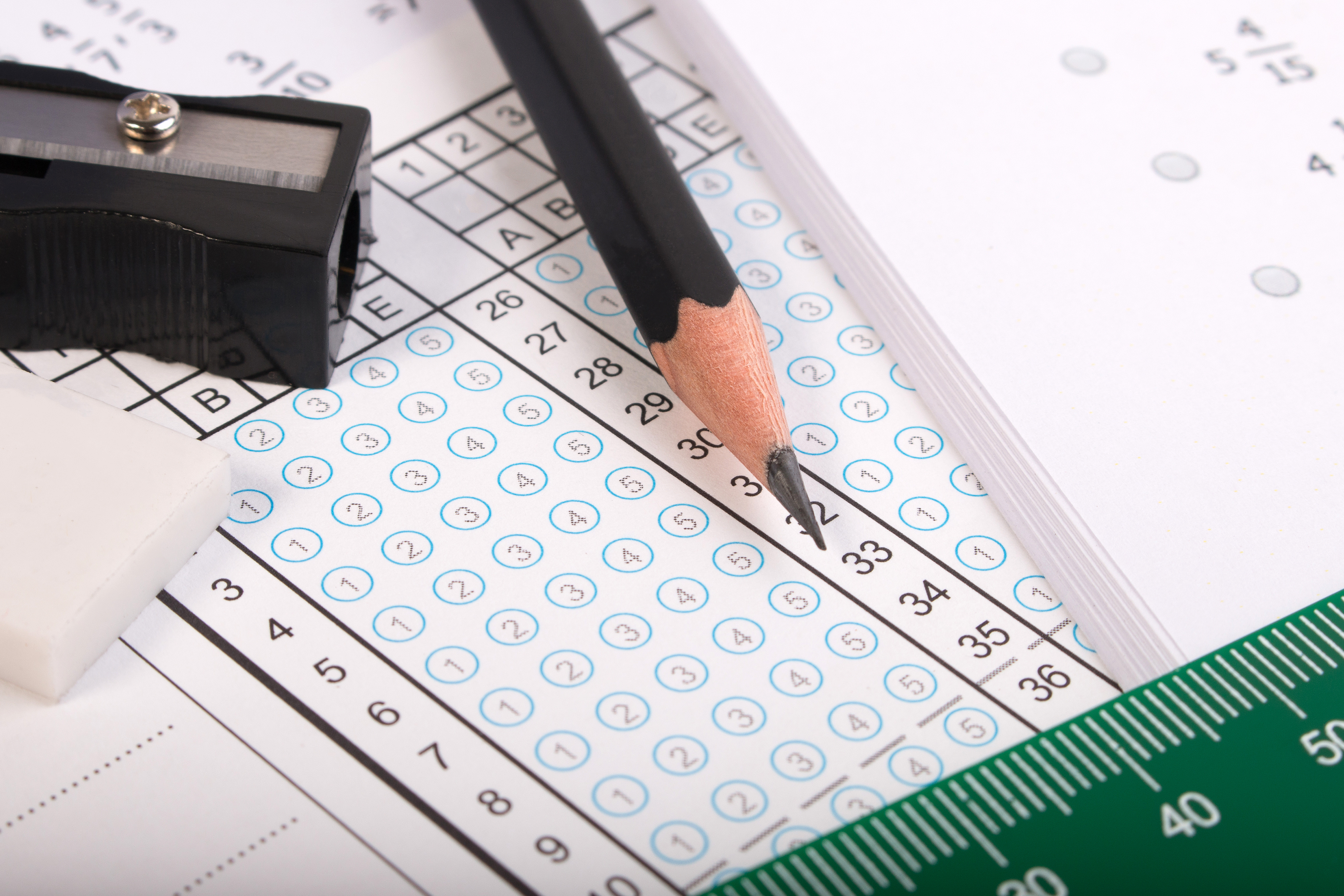
The report, Academic Resilience: What Schools and Countries Do to Help Disadvantaged Students Succeed in PISA, shows that only 25 percent of New Zealand’s poorest 15-year-olds performed well in the most recent international tests of reading, maths and science. This was down from 37 percent a decade ago.
The study measured whether students in the poorest 25 percent of families were doing well and could therefore be regarded as “resilient”. According to the report, the percentage of resilient students provided an indication of the quality of a country’s schooling system.
While the New Zealand score was the same as the OECD average, it came behind Australia’s 29 percent and well below Hong Kong and Macau, the highest scoring regions, where more than 50 percent of students from poor families did well.
Finland and Korea also showed a similar decline to New Zealand in the resilience of poorer students, the report said.
Regular school attendance and participation in extra-curricular activities were strongly associated with resilience in poorer New Zealand students, the report said, while poor performance correlated with the number of computers in classrooms. However, in New Zealand, student behaviour and discipline in schools was not strongly linked with student resilience, unlike in other countries.
The much-delayed English draft curriculum is now out for consultation, generating discussion from teachers.
Research from AUT demonstrates arts, culture and recreation have positive impacts on all aspects of…
How effective has the school phone ban been in achieving its aims? Researchers from the…
School camps and excursions deliver hands on learning experiences, helping to consolidate classroom learning.
Innovations in AV technologies present new opportunities to engage with students. We look at how…
A new report from the University of Auckland’s Our Voices Project asks young people what…
This website uses cookies.